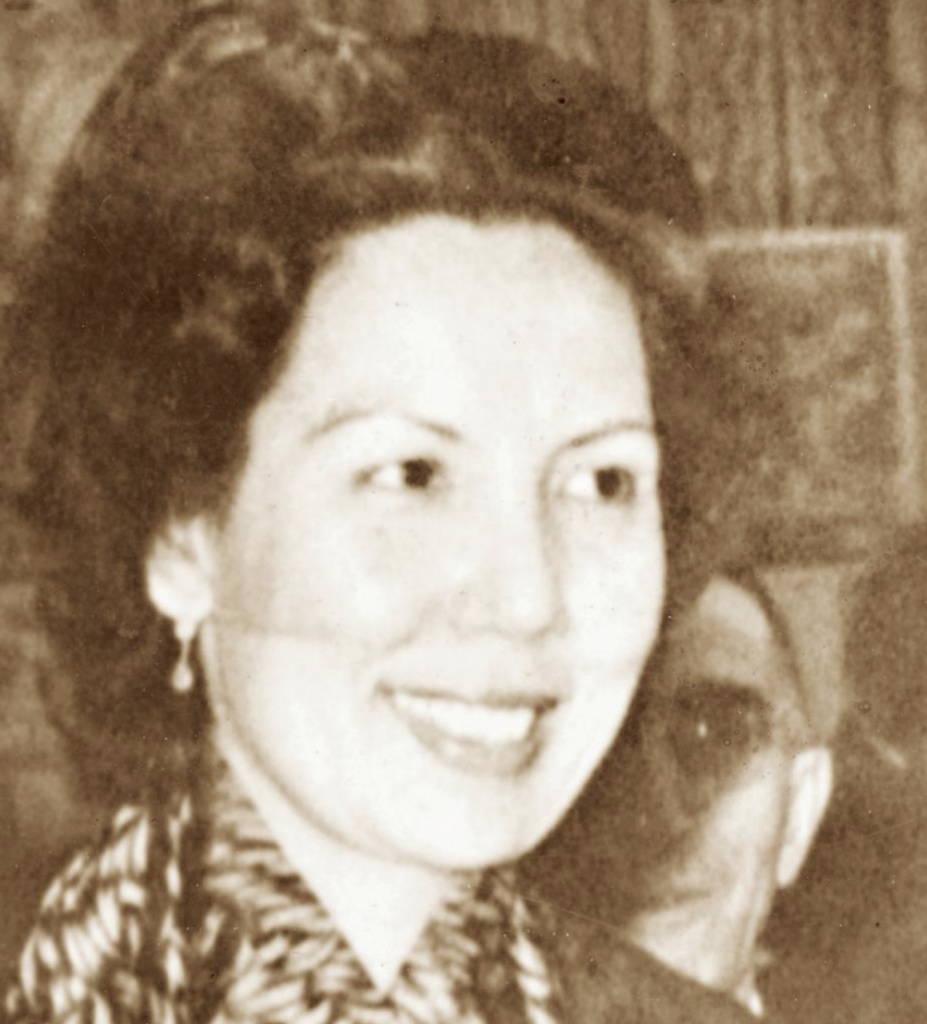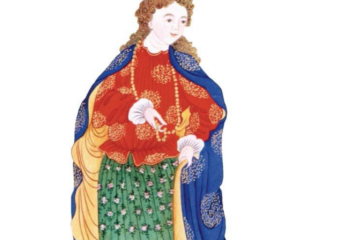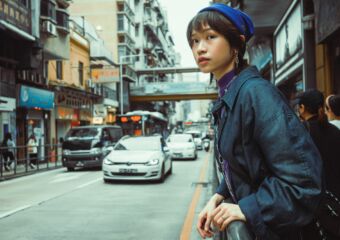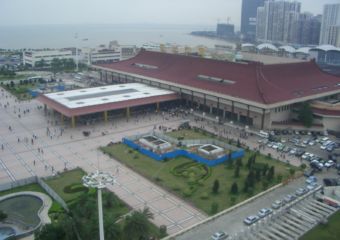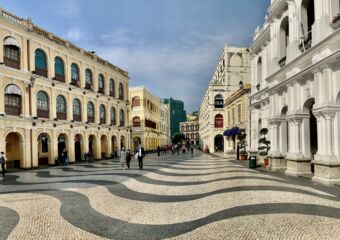Throughout the world, women’s presence in intellectual spheres is somewhat recent with men having dominated most of it. Thinkers, researchers, academics, writers, and artists across history were mostly male, with a shift taking place around the end of the 19th century onwards. In Macau, a powerful–and important person to learn about–is Deolinda da Conceição, a Macanese woman with some influence amongst the local intellectual elite. She was born almost 110 years ago but still remains a crucial figure having provided a rich description of the lives of women in Macau during the 20th century. In this article, we tell you all about the journalist, writer, and teacher whose name keeps coming up when talking about relevant names in Macau’s modern history.
Especially known for her fiction books–with themes of her own experiences as a Macanese woman from the 19th and start of 20th century living in the city–she earned money as a Portuguese language teacher and a journalist, as well as writing a female column for a local newspaper, which was a huge success amongst Portuguese-speaking women, by the way.
The Second World War & More
Deolinda da Conceição (1913) was born in Macau, the fourth of eight children. With a Portuguese father and a Macanese mother, Deolinda devoted her life to Macau and graduated in Hong Kong after finishing high school at Liceu de Macau. As a teenager, she moved to Shanghai, where she lived with her husband, Luís Alves, for sometime before returning to her hometown after the war. Later, she divorced Alves and re-married.
As for Portugal, she only visited once with her second husband and their son–prestigious Macanese writer António Maria da Conceição–in 1956, a short time before dying. However, her thoughts on her travels and what she saw–ports such as Suez, Goa, and Timor–are enriching, especially during a time when few women traveled, let alone reported those experiences.
Also read: Art in Macau: Famous Local Artist
Having been born in the first year of the Second World War (1914–1918), she experienced the consequences of the conflict in Macau from up close. Although from a wealthy local family, her writings reflect a closeness with the pain and suffering from those who felt the consequences of the war, even with Macau enjoying a neutral position–due to being part of the Portuguese territory at the time.
Besides directing the Hong Kong Portuguese School for Refugees and translating (from English to Portuguese) news telegrams for the newspaper “Voz de Macau”, she also had a column on Notícias de Macau newspaper, where she talked about the lives of women in her hometown. At the latter, she worked with her second husband.
Also read: Macau During the Second World War: Political Neutrality & City of Refuge
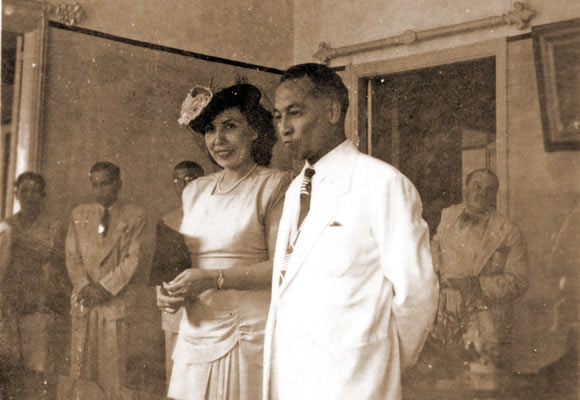
A feminine look into the 20th century
Deolinda da Conceição published a book–a collection of short stories with Macau as its background. What really stands out in Deolinda da Conceição’s writings is her ability to travel through different social levels of different communities in Macau and being able to describe the raw side of the story, including poverty and famine.
Few women had such a status at the time, intellectually speaking. Most of the working women did it because they had to provide for their families; Deolinda never had the need, but still earned her own money doing something women didn’t do either: expressing her opinion and artistry writing stories and non-fiction pieces. Her fiction focused on Chinese women from Macau, never Macanese or Portuguese, which meant her characters didn’t belong to her own social circle, but to one with which women in general identified. Some academics who studied her work argue she described not only these women, but the genre in general and their ways of living, their role in society, and the profound differences between males and females, denouncing women’s position of subservience and obedience to men.
Also read: Literature in Macau: Macanese Writers to Remember
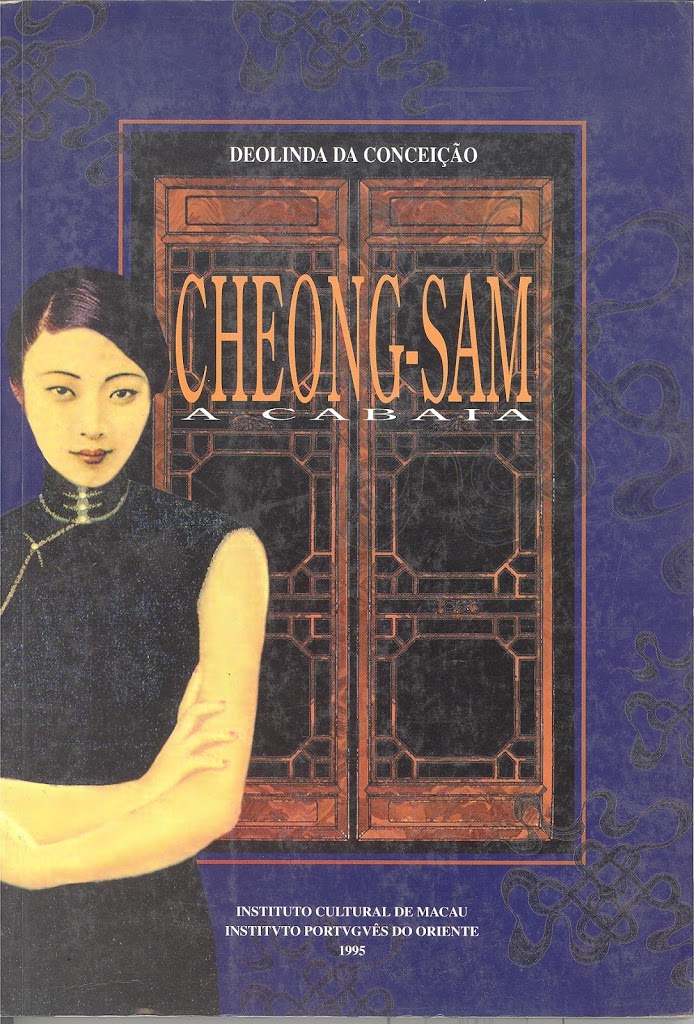
A symbol of emancipation
As said before, Deolinda da Conceição had a keen eye for describing Macau’s society during and before the war, especially the lives of unheard women struggling to stay afloat during these difficult times. Scholar Everton Machado describes her book, “Cheong Sam – A Cabaia”, as a “symbol of subalternity of the Chinese Woman, subjected to domestic violence and slavery”. “Cabaia” is a traditional Chinese dress usually made of colorful silk that Chinese women used to wear; it’s also the joining element in her book.
For all this, some scholars argue Deolinda da Conceição is one of the best Macanese writers of the 20th century, but also an important voice of female emancipation for being a woman writing about women, their habits and characteristics, as well as the way of life of Macau women. Through her writings, one is able to gather paramount information on Macau’s society during the 20th century, especially the side few people talked about. Deolinda da Conceição is an important figure not only because of that but the way she helped pave the way–or at least brought it to the public’s attention–for other women in Macau.

